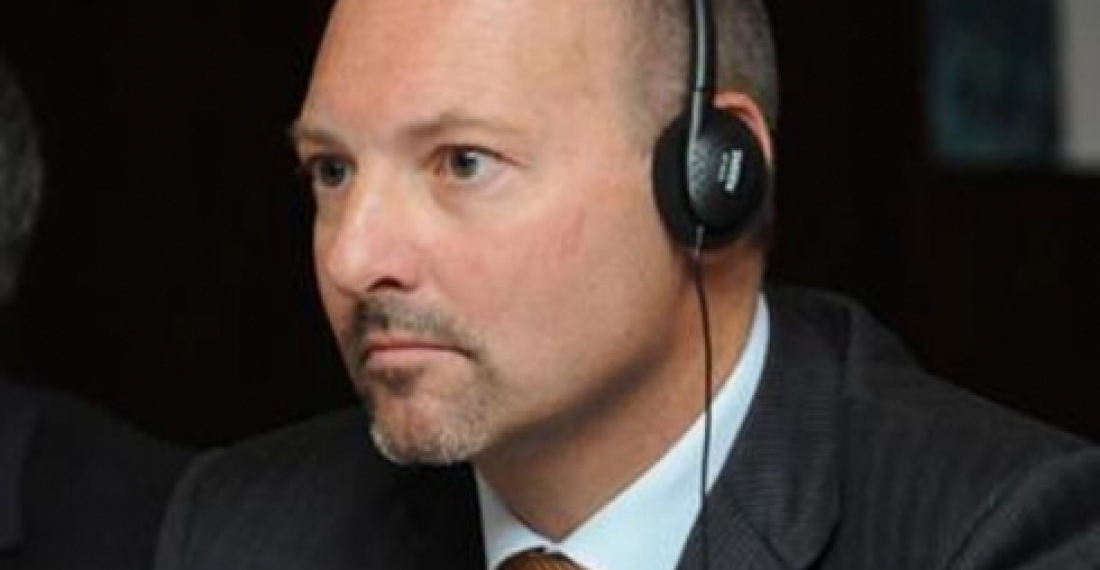The European Union Ambassador to Azerbaijan Roland Kobia, stated at a press conference in Baku yesterday that the EU was in intensive discussions with both Armenia and Azerbaijan in order to secure their acquiesence with regards to its engagement with the Nagorno-Karabakh conflict settlement process.
Kobia pointed out that the EU Special Representative to the South Caucasus has been designated to engage intensively with the issue, and that proposals had been put to both governments. These proposals suggest a formal role for the European Union in the development of confidence building measures as an integral part of the process of building peace in the region. Ambassador Kobia also outlined EU thinking on the need for European officials to be present on the ground in the conflict zone and clarified that visits to Nagorno-Karabakh do not in themselves constitute a recognition of the self declared Nagorno-Karabakh Republic.
Commonspace.eu political editor said in a comment, "This is a rare statement by an EU official on the framework that the European Union is seeking for its engagement with the Nagorno-Karabakh process. It is clear that in the past, whilst both the governments of Armenia and Azerbaijan have welcomed the EU efforts in support of a settlement in the Karabakh conflict, in practise there was procrastination. The EU position has evolved over the last year and it is now more assertive in stating a claim for a role in settlement of a conflict involving two countries with whom the Union is currently negotiating Association Agreements, and in a region that it has identified as being of primary importance. Over the next months the issue will come more in focus and we will see some important developments."
source: commonspace.eu
photo: Roland Kobia, EU Ambassador to Azerbaijan (picture courtesy of APA)







